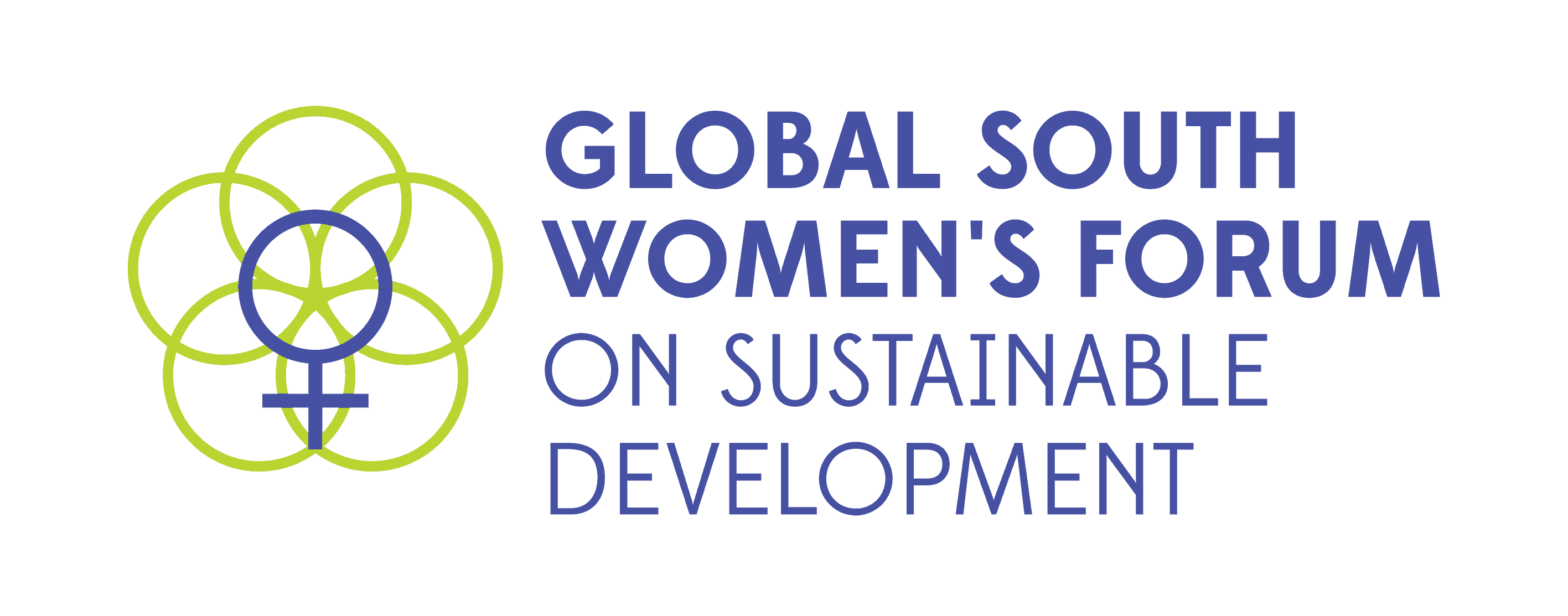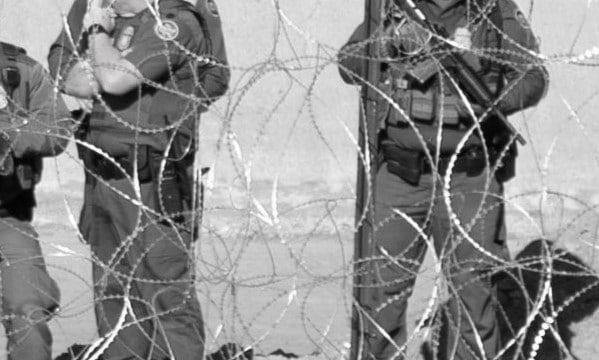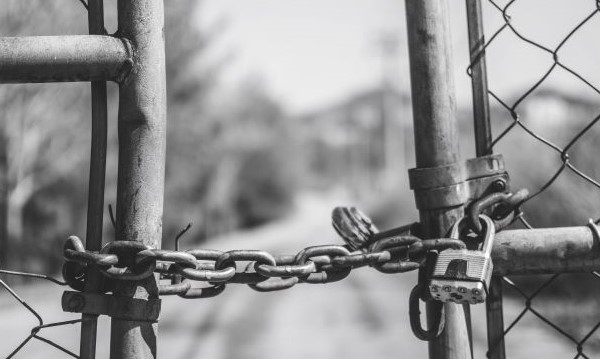Women living with HIV at the crossroads
Through this virtual discussion, panelists explored the experiences and challenges of an often invisibilised group: migrant women who are living with or vulnerable to HIV. Women living with HIV face high levels of intersectional stigma and discrimination both as women and as migrants. Migrants have experienced increased vulnerability to HIV acquisition for a number of reasons including structural and individual violence and dehumanisation.
Women often migrate for economic reasons, and an HIV diagnosis which is reported to an employer can frequently mean job loss and increased isolation, fear and depression. Women migrants may use sex work as a means of survival. As women and migrants, they are frequently subjected to a raft of practices which violate their right to health, including mandatory HIV testing and forced contraception. Their HIV status can also put them at risk of deportation and other punitive measures, such as separation from their children.
This session explored data from the PLHIV Stigma Index, as well as reflections from ICW activists and advocates on how to ensure migrant women living with HIV can realise their full SRHR and right to health.
Speakers
Mianko Ramaroson serves as human rights and law adviser for the United Nations Joint Programme on HIV and AIDS (UNAIDS) in Geneva, Switzerland, supporting global advocacy and national efforts to review and reform laws and policies that create barriers to accessing HIV prevention, testing and treatment services, or that reinforce HIV-related stigma and discrimination, including laws and policies that impose travel restrictions based on HIV status.
Josephine Achieng is a dedicated advocate for women’s rights and a self-identifying sex worker. She is the deputy director of the Bar Hostess Empowerment and Support Programme, a sex-worker-led organisation that advocates for the rights and dignity of sex workers in all their diversity. She is a member of the Activists Advisory Committee of the Love Alliance and a strategic advisory board member of the Women and Harm Reduction International Network.
Carrie Lyons, PhD, MPH is an infectious disease epidemiologist and research associate at Johns Hopkins School of Public Health in the Department of Epidemiology. Carrie’s research is focused on understanding and addressing social and structural determinants of outcomes and disparities related to infectious diseases. Her research interests include social epidemiology, infectious disease epidemiology, implementation science, social and structural determinants of health, sexual and reproductive health, stigma and HIV. She was a Desmond M. Tutu Scholar for Health and Human Rights from 2021 to 2023. View her full publication list.
Alexandra ‘Sasha’ Volgina has been HIV-positive since 2000. She is a co-founder of FrontAIDS, the first treatment advocacy movement in Russia; Svecha, one of Russia’s first community-based organisations; the first All-Russian Women Network ‘E.V.A.’; and the ‘Patients in Control’ Treatment Access Movement, which received the Red Ribbon Award for its advocacy campaign against ARV stock-outs in 2011. She is currently based in the Netherlands as a programme manager for GNP+, focusing on combating stigma, discrimination and criminalisation. Sasha has received the MTV Russia Award ‘Live’ and the Carol and Travis Jenkins Award.



